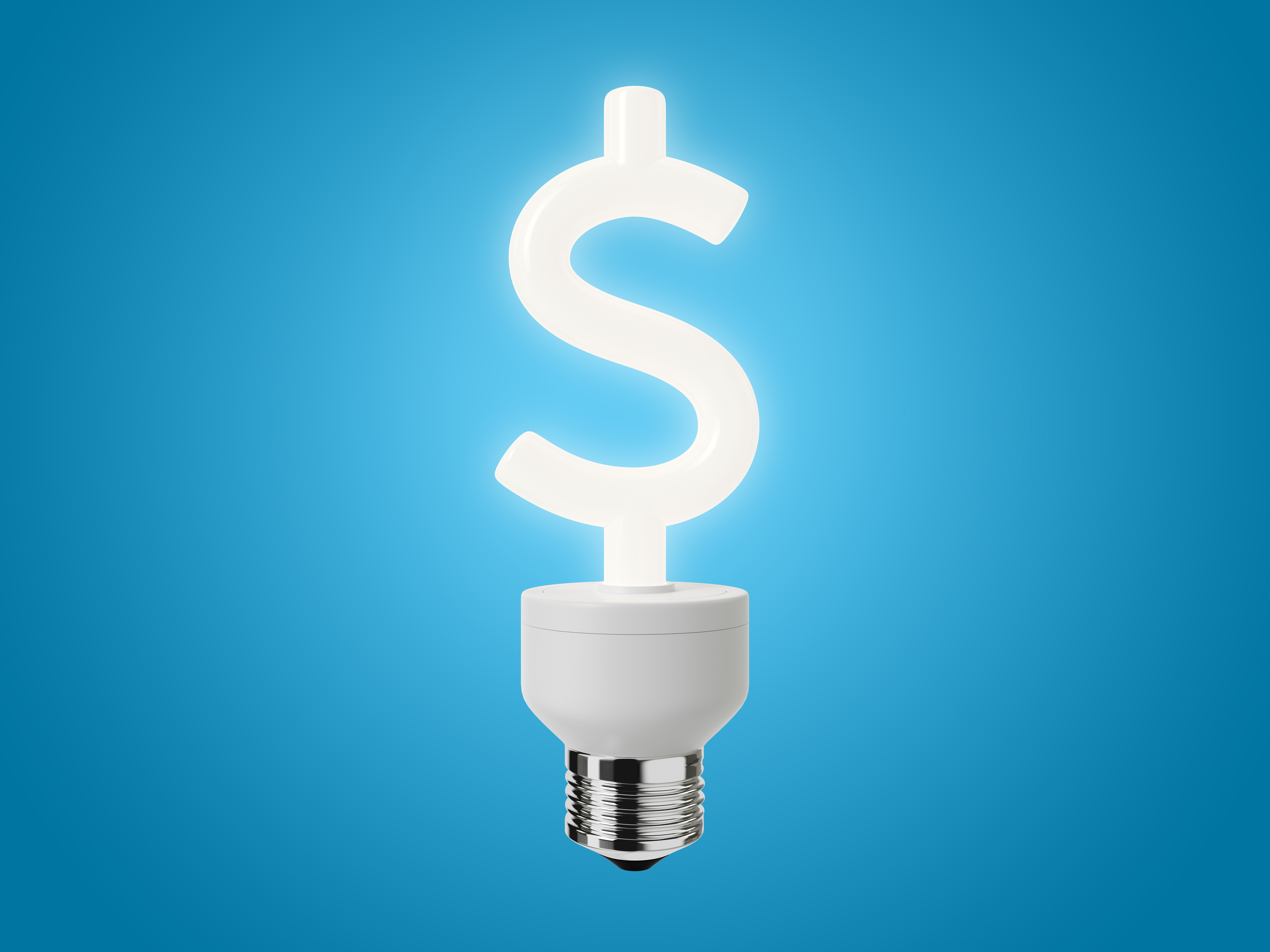Ionocaloric Heat Pumps for Zero-GWP Heating
Calion Technologies, Inc.
Recipient
Danville, CA
Recipient Location
9th
Senate District
16th
Assembly District
$154,063
Amount Spent
Active
Project Status
$1,500,000
Award Amount
$750,000
Co-funded Amount
EPC-23-030
Agreement Number
-
Project Term
Berkeley, CA
Site Location(s)
Copy Project Link
Follow Project
Project Update
The Ionocaloric heat pump project is making significant strides toward developing an efficient, environmentally friendly heating and cooling technology. Recent achievements include the successful completion of subsystem modeling, prototype development of key components like heat exchangers, and advancements in automation and control systems.
The team is currently refining system integration and addressing challenges related to component procurement. Looking ahead, efforts will focus on assembling and testing the full experimental setup, optimizing system performance, and scaling up key components.
The Issue
Electrification is one of the most promising and scalable solutions to decarbonize building energy, and its’ decarbonization must focus on (1) Improved heating efficiencies and (2) using lower GWP energy sources through electrification and (3) lower GWP refrigerants/materials. Although direct electrification of the heating demand through resistive heating can provide cleaner energy and lower GWP materials, its operation is expensive and will require significant renewable energy generation capacity. Heat pumps, on the other hand, have the potential to meet both efficiency and clean generation goals.
Project Innovation
The major technical hurdles heat pumps must overcome for deployment in the heating of commercial buildings is low heating efficiency. Heat pumps must compete with natural gas heaters both in capital and operational costs. Unfortunately, the operational costs tend to dominate in commercial buildings, so achieving price parity with natural gas heaters is determined directly by the efficiency of the heat pump and current pricing in the energy markets. Until heat pumps can improve their performance, natural gas heaters will simply make more economic sense due to the current favorable energy economics for natural gas. Improving heat pump efficiency for the heating of commercial buildings is non-trivial. Low efficiency is caused by: (1) Heating/Cooling load mismatch, and (2) High expansion and compressor losses due to high pressure ratios needed for large temperature span operation. Moreover, they face all these problems using very high GWP refrigerants, such as R410a or R134a.
We propose a novel, non-vapor compression-based technology that has the potential to circumvent all the above problems and meet the performance goals laid out by the CEC. Our ionocaloric heat pump is a water and salt-based heat pumping technology with high efficiencies over very-high temperature spans. It utilizes the ionocaloric effect by changing the concentration of a salt in a mixture to modulate a material’s melting point and therefore heat content. We’ve defined the ionocaloric effect as a thermal response to an applied electrochemical field (i.e., ionic field). Ionocaloric heating/cooling utilizes the ionocaloric effect within an appropriate thermodynamic cycle (e.g., Reverse Stirling cycle). Ionocaloric cooling can utilize any phase transition that the material may go through in response to an ionic field.
Project Goals
Project Benefits
The ionocaloric heat pump project offers a transformative approach to heating and cooling with significant economic and environmental benefits:
- Zero-GWP Refrigerant: Unlike conventional heat pumps that rely on high-GWP refrigerants, ionocaloric technology uses non-toxic, non-flammable materials, eliminating refrigerant-related emissions.
- Superior Efficiency: The system achieves high energy efficiency by leveraging a thermodynamic cycle that excels at large temperature spans, reducing overall electricity consumption.
-Thermal Energy Storage: The technology naturally integrates thermal storage, enabling load shifting to optimize energy use and lower peak demand costs.
-Decarbonization & Electrification: By providing an efficient alternative to natural gas heating, the project supports California’s clean energy transition and reduces reliance on fossil fuels.
-Cost-Effective Commercial Deployment: With a target cost of $50/kW of heat, the system is designed for affordability and ease of adoption in large commercial buildings.
-By combining high efficiency, cost savings, and environmental sustainability, ionocaloric heat pumps could revolutionize the heating and cooling industry while supporting California’s climate and energy goals.

Affordability
Typical vapor compression units manufactured are for ~$150/kW. The ionocaloric heat pump is targeting a low $50/kW manufacturing cost to reduce capital expenses. Its high efficiency, COP>3.2, lowers energy consumption & cuts operational costs. Built-in thermal storage enables load shifting & reduced peak demand charges. High-GWP refrigerant elimination avoids regulatory costs while making heating & cooling more accessible, sustainable, and cost-effective

Equity
The ionocaloric heat pump project advances equity by providing a cost-effective, high-efficiency heating and cooling solution that reduces energy costs for low-income communities. By eliminating high-GWP refrigerants, it improves indoor and outdoor air quality, benefiting public health. Its thermal storage supports affordable renewable energy use, ensuring access to clean, reliable heating and cooling for all communities.
Key Project Members



